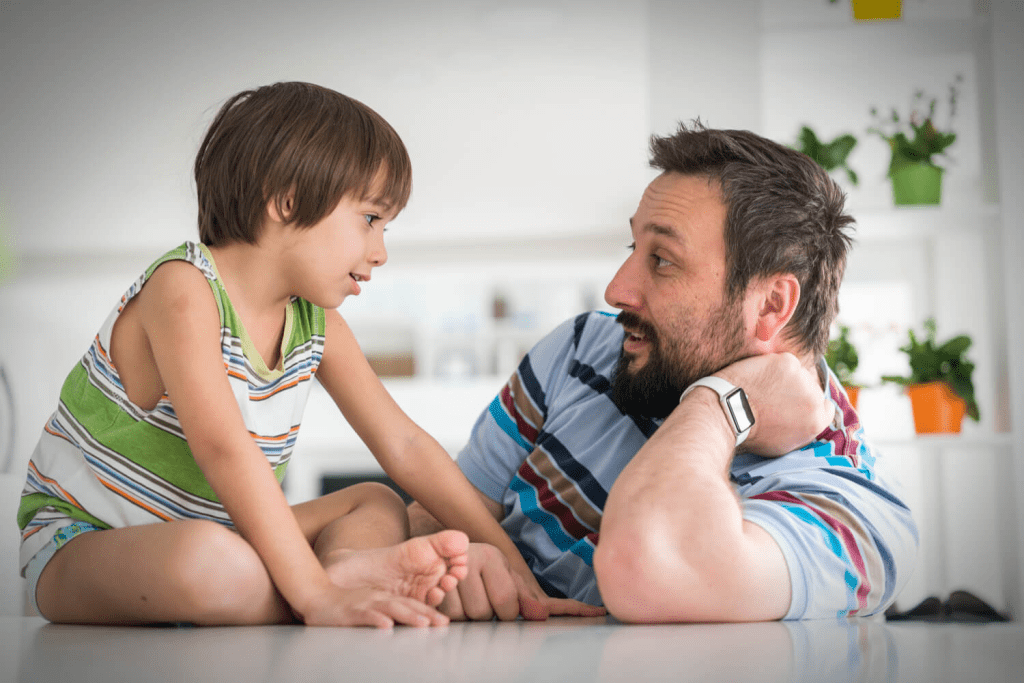Give Your Child Freedom of Expression
1. The Power of Expression in Children’s Rights
Children’s freedom of expression is protected under international laws, including Article 13 of the Child Rights International Network (CRIN). This article emphasizes that every child has the right to express themselves freely through various forms of communication, whether it’s speech, writing, art, or media. The exercise of this right can be subject to restrictions to protect public safety or the rights of others, but its core purpose is to foster the child’s ability to seek and share knowledge.
By allowing children the space to express themselves, we help them understand how their rights are respected or infringed upon. Moreover, it teaches them to advocate for the rights of others. This sense of responsibility and empathy develops only when children are granted the opportunity to voice their concerns.
2. Balancing Rights with Responsibilities
With the freedom to express comes the responsibility to respect the opinions of others. It’s important to teach children that their words have power and that with this power comes the need to listen and be open to differing viewpoints. Disagreement is a natural part of communication, and children should learn to engage in respectful dialogue, even when opinions clash.

Parents must also ensure their children understand when to disengage, especially in the digital age. If faced with hate speech or misinformation, such as a harmful rumor spread through social media, it’s essential to teach them the value of blocking or reporting harmful content rather than perpetuating it.